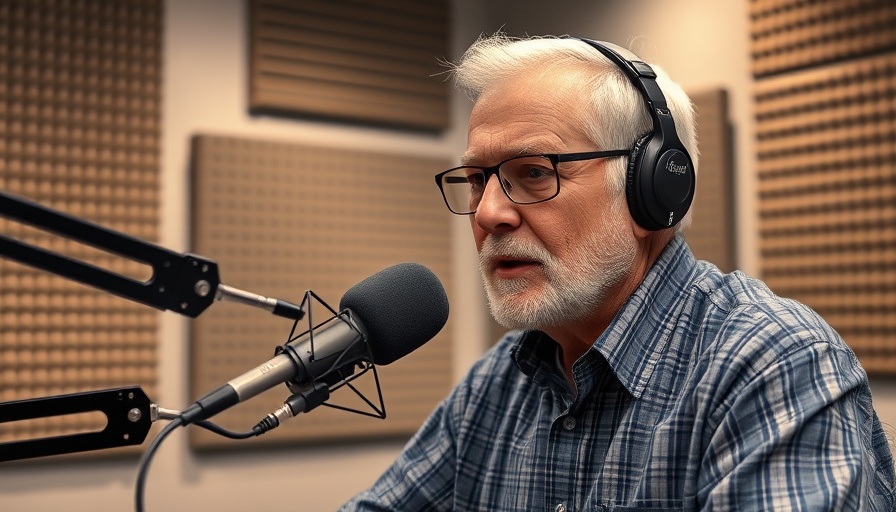
Unlocking Access to Endocrine Care: A New Era for Nurse Practitioners
Poor access to endocrinologists is a pressing issue that affects countless Americans struggling with chronic conditions such as diabetes, obesity, and osteoporosis. Recent trends suggest that while the prevalence of these conditions is rising, the number of specialists entering the field is not keeping pace. This situation has sparked innovative approaches to healthcare delivery, particularly training nurse practitioners (NPs) to manage endocrine-related diseases. The Duke University School of Nursing offers one of the few specialized programs in the nation, aiming to help bridge the gap in access to care.
Demand and the Case for Training NPs in Endocrinology
Founded in 2016 by Dr. Kathryn Evans Kreider, this program responds directly to national demands for more diabetes and endocrinology providers. Dr. Kreider cites alarming statistics: approximately 70% of U.S. counties lack any endocrinologists. NPs trained in this specialty can significantly expand patient access, particularly in underserved regions where healthcare options are limited.
The Benefits of Specialized NP Training
With NPs stepping into roles traditionally held by physicians, they can provide comprehensive care that meets patients' complex needs. Dr. Kreider emphasizes that while NPs will not replace endocrinologists, they are essential in managing patients with intricate conditions, thereby alleviating some of the workload for specialists. This collaborative model presents a potential route to improved outcomes for patients seeking timely care.
Expert Opinions: Differing Views on NP Independence
The conversation surrounding NP independence in endocrinology is multifaceted. Experts like Dr. Yael Tobi Harris argue that NPs are incredibly capable and essential for meeting the demand for endocrine care. On the other hand, Dr. Matthew Levine suggests that while NPs can significantly assist, their training should be complemented by the mentorship of seasoned endocrinologists. He expresses caution about NPs functioning as primary care providers in complex situations without appropriate oversight.
The Future of Endocrine Care: Hope and Optimism
As the healthcare landscape evolves, there is optimism about increasing diversity in the endocrinology workforce. Dr. Kreider’s program signals a shift toward integrating NPs into specialty care, which may inspire other institutions to replicate this model. The recent uptick in applicants for endocrinology fellowships also indicates a potential revitalization of interest in this vital field.
Taking Action: Why Access to Endocrine Care Matters
For individuals managing chronic illnesses, access to specialized care can mean the difference between proper management and catastrophic health crises. With healthcare continuously adapting to meet new challenges, the training of NPs in endocrinology represents a transformative step forward. This initiative not only equips healthcare providers with essential skills but also delivers crucial support to patients in need.
As we look to the future, investing in innovative training like Duke's NP program could help alleviate the pressures on our healthcare system and ensure that vital endocrine care is accessible to all. Strengthening this workforce is an investment in public health, one that addresses the core challenges of increasing endocrine disease prevalence and diminishing specialist availability.
Join the Movement for Better Healthcare Access!
The time is now to advocate for better access to specialized endocrine care. Support initiatives in healthcare education, spread awareness of the importance of NP training, and empower communities to take control of their health. Together, we can help bridge the healthcare gap and ensure that all patients receive the quality care they deserve.
 Add Row
Add Row  Add
Add 




 Add Row
Add Row  Add
Add 

Write A Comment